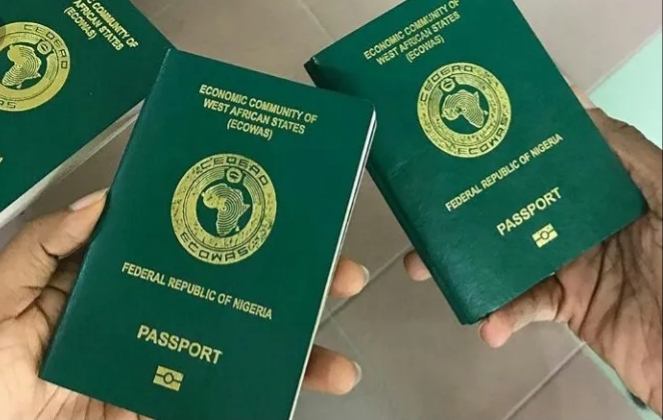For many immigrants, especially those from less developed regions, the goal of living and working permanently in the United States often leads them to seek a green card through marriage.
While this is a legitimate and legal option, the U.S. immigration system is cautious and thorough when reviewing these applications to prevent potential abuse.
U.S. immigration attorney Lelia Essien of Essien Law Firm highlights three common factors that often lead to delays or denials of marriage-based green card applications: red flags suggesting the marriage may not be genuine, inconsistencies in the submitted information, or lack of proper documentation.
Here are the key issues that could raise concern:
1. A Significant Age Difference Between Spouses
When there is a noticeable age gap between spouses—such as a 30-year-old marrying someone much older, like in their 70s—it can raise suspicions that the marriage is not based on genuine love but rather for immigration purposes. While age differences are not illegal, they often prompt immigration officials to carefully investigate the relationship to ensure its authenticity.
2. Remarrying Soon After a Divorce
If an applicant recently divorced in another country and quickly remarries in the U.S., immigration authorities may question the legitimacy of the new marriage. The timing could imply that the second marriage was entered into to secure immigration benefits, especially if the previous marriage ended suddenly or under suspicious circumstances. These cases are often scrutinized closely to verify the new relationship is genuine.
3. Marrying Shortly After Entering the U.S.
Marrying soon after arriving in the United States, particularly within the first 90 days, can raise concerns about misrepresentation of the person’s intentions upon entering the country. Known as the “90-day rule,” immigration officers may view a marriage within this period as fraudulent if the person was on a temporary visa. This may lead to the assumption that the marriage was preplanned to obtain residency.
To avoid delays or denials, it’s important for applicants to provide clear evidence that their marriage is genuine and not solely for immigration purposes. Sudden changes in marital status or poorly timed relationships may raise doubts among authorities, and any sign of dishonesty could significantly harm a green card application.
While marrying a U.S. citizen can be a legitimate pathway to permanent residency, it is crucial that the relationship is real and committed.
Understanding what raises concerns for immigration officers can help applicants prepare their case effectively and avoid unnecessary complications.


